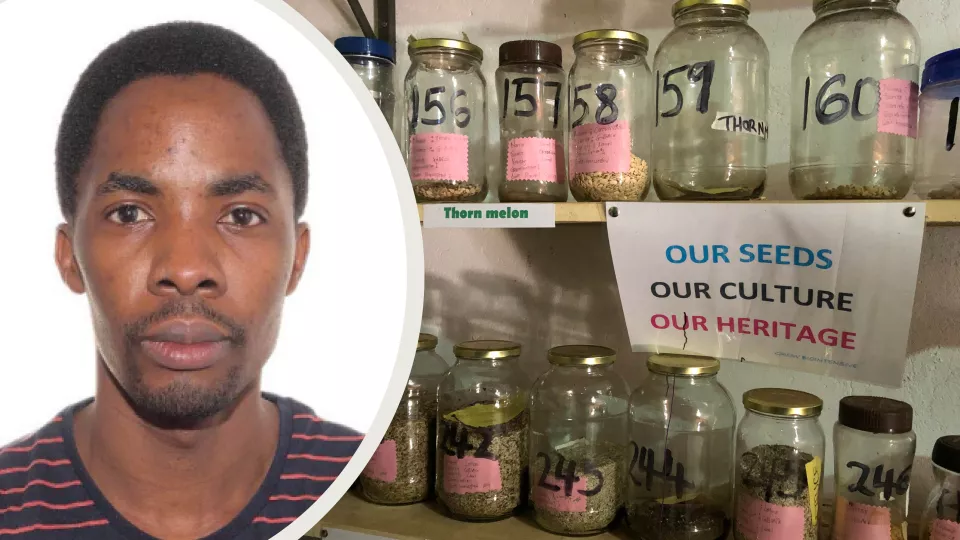What will you investigate in your research?
My PhD is part of a larger project on “Mobilising Farmer Organisations for Sustainable Agricultural Development in Sub-Saharan Africa”. The project spans three countries, i.e., Uganda, Ghana, and Zimbabwe. However, my personal interest lies in understanding how collective action through farmer groups can be used as a vehicle for food sovereignty in Uganda. The study aims to contribute to academic debates on alternative agricultural food pathways that address social, economic, and environmental sustainability challenges engendered in the conventional industrial model. For almost three decades, food sovereignty has dominated scientific literature as a possible alternative to the neoliberal agricultural model. However, not much is known about its implementation and applicability especially in sub-Saharan Africa.
What is important to you in your work?
I consider the connection between sustainability and food and agricultural systems to be a critical part of this research. To this end, my research considers smallholder-based food and farming systems to be socially, economically, and ecologically sustainable. In my view, rural development and poverty reduction in the developing world requires not only increased resource input into the agricultural sector, but also ensuring that the policies and frameworks applied are consistent with the social realities of agrarian societies and are environmentally conscious. This cannot be achieved with the current industry model, which visibly prioritises profit maximization and market concentration over people’s needs.
Why did you become a researcher? What drives you?
With a background in social work and human rights, I have always been passionate about contributing to social justice. I see scientific research as a vehicle through which social justice can be promoted. There is a need for academic research to understand the local and global causes of social inequalities and suffering and to explore possible ways to address those social injustices. Therefore, my goal is not only to pursue scientific knowledge, but also to use my research to advocate for a better world.
What do you think of Sweden and Lund University?
I have been living in Sweden for five years now and my impression is that Sweden is a fantastic place to study. Two things stand out for me in Sweden - that is the general concern for sustainability and gender equality. I see Sweden as a leading example in both aspects and I have really learned a lot in that respect. About Lund University, having lived in a bigger city in Gothenburg, I find Lund University and the city of Lund in general to be a calm and student-friendly environment. I like the fact that I can reach every part of the city and the university premises by bike.
